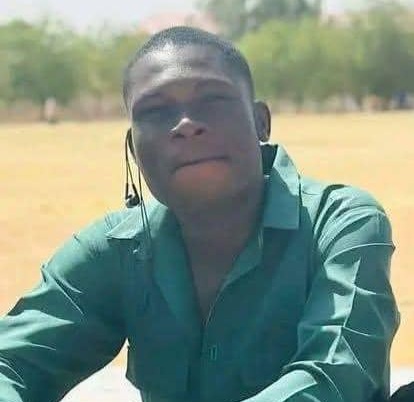The June 12 Democracy Movement of Nigeria has said that the confession of former military President Ibrahim Badamasi Babangida (IBB) has l confirmed call for the validation of M.K.O Abiola’s June 12 mandate.
In a press statement on Sunday singed by National Convener, June 12 Democracy Movement, Olawale Okunniyi, the group asked the Federal Government to immediately set up a commission for national reconciliation, stressing that having carefully studied the new Book of former military president, Ibrahim Badamasi Babangida, IBB titled “A journey in service” launched on Thursday, it is compelled to state that the struggle with others for the revalidation of the June 12 electoral mandate of Chief MKO Abiola towards the restoration Nigeria’s current democratic rule has further been validated and vindicated by the main actor in the unjust and unwarranted annulment of the June 12, 1993 Presidential elections won by MKO Abiola.
The statement reads, “Although, IBB in his memoir, launched in Abuja, tried to shift the blame of the annulment on General Sani Abacha, claiming he was his “biggest headache” and the mastermind behind the annulment” because he was ambivalent about return to civil rule at that time thereby leading forces that annulled the election without his authority while he was in Katsina, we make bold to say Babangida was only being escapist and mercurial in that regard as he was the commander in chief of the armed forces and “Kaabiyesi” of the then military regime, as metaphorically asserted by Justice Moshood Olugbani of blessed memory in one of his rulings.
“For IBB in the said Book was quoted as claiming ignorance of the annulment, stating that the press secretary to his second-in-command, Admiral Augustus Aikhomu, announced the annulment without his permission as follows; “To suddenly have an announcement made without my authority was, to put it mildly, alarming. I remember saying: ‘These nefarious “inside” forces opposed to the elections have outflanked me!’ I would later find out that the ‘forces’ led by General Sani Abacha annulled the elections.” This statement itself by IBB, we found ambivalent.
“The above assertions by IBB that Abacha became “a dominant force in a factionalised military” under his command as an indictment to his military leadership or an attempt to somehow dodge responsibility rather than being an excuse or vindication for him in the foisting of a needless political crisis on the country by the annulment of the June 12 election, which he conceded to be “credible, free, and fair,” but was annulled under his watch. For IBB himself, on June 24, 1993, in a national broadcast, formally announced the annulment as the Head of State.
“No doubt Abacha was antagonistic to Civil democratic rule at that time because of his inordinate personal ambition to rule Nigeria after Babangida, as it was clearly revealed by his terror reign afterwards, especially his ruthlessness against democratic voices, however, IBB being a political ‘Maradona’ could have done better to check Abacha and his power drunk cohorts. To us the poor handling of Abacha and his clique was a clear leadership failure on the part of IBB inspite of his absolute power.
“In the light of the confession and revelation made by IBB in his book, we wish to affirm that a very clear basis has again been created for Nigeria to initiate an urgent National Commission and process for National Reconciliation and Healing, in the mode of the Oputa panel, that can ultimately convene a major national conference of all Nigerian stakeholders to move the country forward from its animosities and mistrust and in undoing all the ills of the past, while agreeing on compensations and reparations among Nigerian stakeholders, especially among those unjustly and unfairly treated by successive governments in Nigeria; as this will help us start afresh as a people and create a new Nigeria that works for all.
“For us in the June 12 Movement, some of those entitled to immediate compensations are members of the MKO Abiola family, Relations of those who were killed, maimed or incarcerated in connection with their roles in the June 12 democratic struggles as well as families of those who suffered various political persecutions and undue deaths under various military regimes in Nigeria. To this end, The June 12 Democracy Movement of Nigeria shall be organising a major stakeholders’ roundtable soon to chart the way forward for the country, and recommendations therefrom shall be shared with various relevant authorities and stakeholders in Nigeria.”




 3 hours ago
19
3 hours ago
19









 English (US) ·
English (US) ·